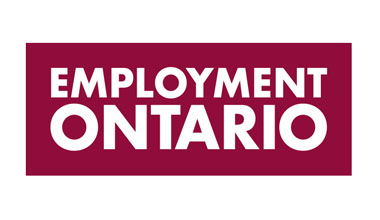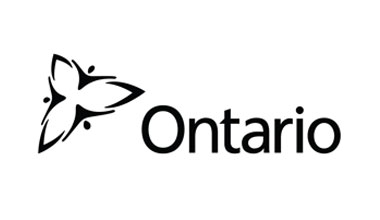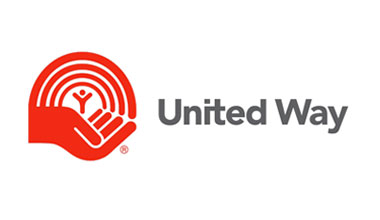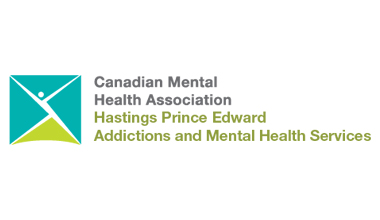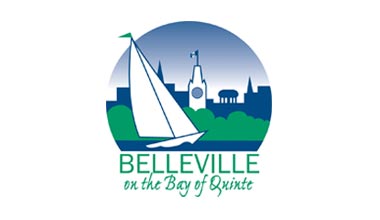
How to answer ‘What is your weakness?’ in a job interview
LET’S BE HONEST–EVERYBODY HATES THIS QUESTION. BUT YOU CAN STILL ANSWER IT RIGHT.
Survey a group of job seekers about their least favorite interview question, and the consensus typically is: “What is your biggest weakness?”
It’s seemingly impossible to provide an adequate response to a question like this. You don’t want to twist it around into a positive because then you’re not answering the question, but you also don’t want to confess a flaw that may sabotage your chances of getting hired.
There are better ways for an interviewer to get you to think critically about your skills than asking this question. Karen Southall Watts, a trainer, coach, author and professional encourager for entrepreneurs and managers says that “What are your weaknesses?” is one of her least favorite questions. “It’s been encouraging over the years to see managers move to more situation-based and results-focused questions that serve both [the] candidate and employer better. Yet, it is always wise to prepare for traditional interview questions like this one.”
So, how do you successfully answer the dreaded question?
AVOID THE STRENGTH DISGUISED AS A WEAKNESS.
Let’s start with how not to answer this question. While some people may tell you this is an opportunity to share a strength masked as a flaw, that’s not the answer most interviewers are looking for these days.
“Over time, the strategy for answering ‘What is your greatest weakness?’ has changed,” says Donna Shannon, president of Personal Touch Career Services. “The old school method was ‘to turn a weakness into a strength,’ such as ‘I am a perfectionist, so you know my work will always be top quality.’ The modern interviewer wants to hear a real weakness and then dive into how you deal with it.”
James Pollard, owner of a marketing consultancy that works specifically with financial advisors, agrees, saying that when he asks this question in an interview, he does not want to hear the typical strength-disguised-as-a-weakness response. “If you Google how to answer this question, this is what you will see. People recommend saying, ‘I work too hard’ or ‘I’m a perfectionist’. I can see through these answers and I know that if you say something like this, you aren’t being genuine. You’re just giving me a rehearsed answer that you read online.”
BE HONEST. WITH A TWIST.
Interviewers can also easily spot a dishonest response. “Don’t lie! Interviewers are surprisingly adept at seeing through scripted and false answers,” says Rebecca Horan, personal branding expert at Rebecca Horan Consulting LLC. “Be honest – with yourself and your interviewer. But … we all have multiple weaknesses. Choose one that is not going to torpedo your chances of landing the role.”
Instead, Horan says to make it clear that your weakness is something you’ve worked to overcome and won’t hinder your job performance.
“Show that you care about personal development. If you’ve struggled in a specific area of expertise but you’re taking a class in it to bolster your skillset, great! Talk about that. If you’ve always turned to jelly at the thought of public speaking but have joined your local Toastmasters chapter or you’re taking an improv class to get more comfortable with speaking in front of a large group, you’ll want to talk about that. Whatever it is, your interviewer should be able to envision the ‘happy ending’ to the story.”
JUST DON'T SELF-SABOTAGE.
“Don’t name a weakness that is going to get in the way of [you being able to do] your job successfully, working well with others, or otherwise succeeding in the position for which you’re applying,” Horan cautions. “Be honest, but very selective about which example to use.”
To that end, Shannon also says to avoid choosing a “fatal flaw” – something that would knock you out of the running. “For example, saying that you lack attention to detail when you are interviewing for an accounting position would immediately disqualify you, no matter how good your strategies for dealing with it are.”
- Author: DEBRA AUERBACH
- Article Source: CareerBuilder



